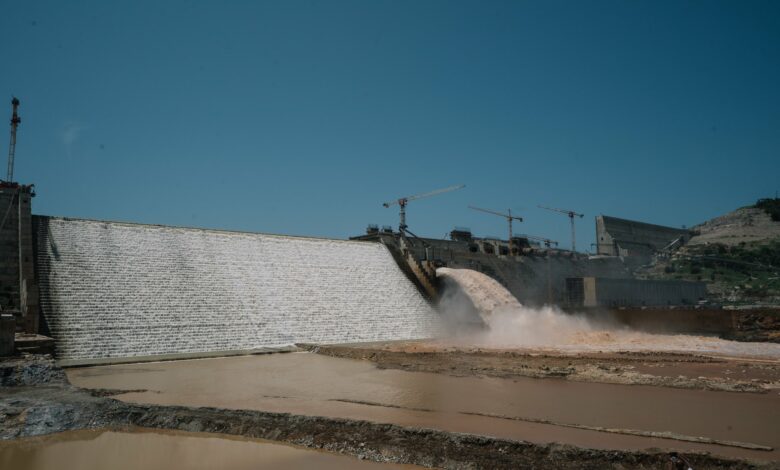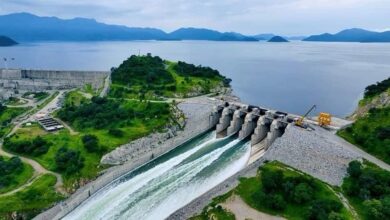
Negotiations must return quickly, because the coming days may witness the operation of one or two turbines in the Grand Ethiopian Renaissance Dam, which will be followed by a third filling, Professor of Water Resources, Abbas Sharaky said during a telephone interview with the journalist Ahmed Moussa, on the “On My Responsibility” program broadcast on the Sada al-Balad channel.
He said that what was being said is about Ethiopia and the dam are just allegations at the moment.
The Renaissance Dam has not risen one meter from last year so far, and the lake that appears in some pictures has 8 billion cubic meters since last year as well, he stressed.
Ethiopia is trying to justify its internal crises by falsely accusing Egypt and Sudan of supporting the Tigray Front, Sharaky mentioned.
Negotiations over GERD have officially stopped since April 2021, after Egypt, Sudan and Ethiopia failed to reach an understanding before the start of the second filling of the dam, which Ethiopia actually implemented in July.
Cairo and Khartoum reject Ethiopia’s insistence on filling the dam before reaching a binding agreement on filling and operation.
Egypt, which relies considerably on freshwater from the Nile, has voiced fears that the GERD would negatively impact the country’s water supply.
They have also insisted that measures be put into place to protect downstream countries in case of drought during the dam’s filling process.
Egypt and Sudan say they want a legally binding agreement, while Ethiopia says any pact should be advisory.
Egypt and Sudan consider the dam a threat to their vital water supplies, while Ethiopia considers it essential for development and doubling its electricity production.
The downstream nations fear possible blows to water facilities, agricultural land, and overall availability of Nile water.
Negotiations over the dam between Egypt, Ethiopia, and Sudan have stalled for years, with the three parties ultimately failing to reach any concrete agreements.
The disputed dam is the largest hydroelectric project in Africa, with a cost of more than four billion dollars. The construction of the dam began in 2011. It is considered to be one of Egypt’s most serious water issue.




